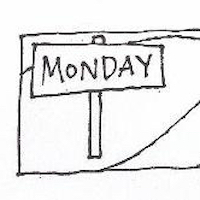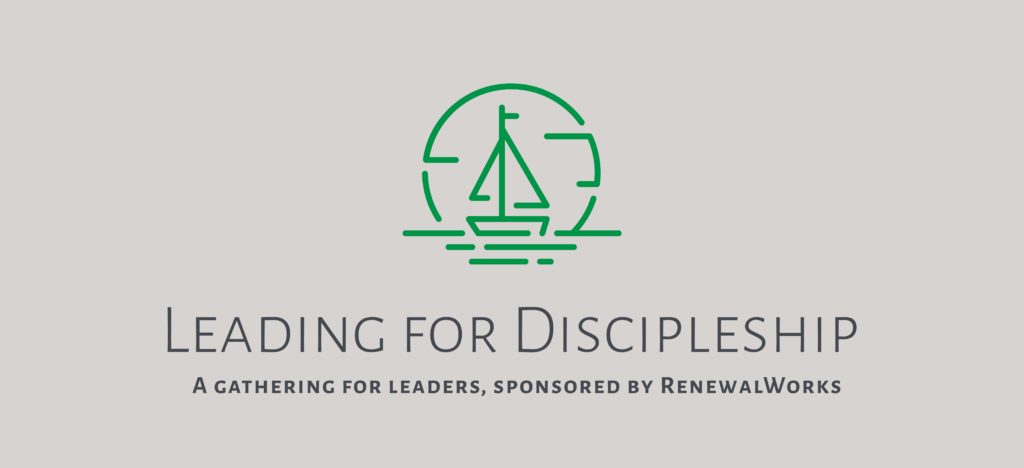
The Letter to Philemon, recapped:
In the New Testament book, the Letter to Philemon, we eavesdrop on one of Paul’s personal communications. (It’s not usually nice to read other people’s mail, but it seems canonically correct in this case.) Here’s the story in a nutshell (my version). The apostle Paul is in prison and meets up with another prisoner named Onesimus, a runaway slave who may have stolen money from his master, Philemon. Onesimus has some kind of transformation while in prison, under the mentorship of Paul. When his sentence is up, Paul sends Onesimus back to Philemon, not as slave but as friend and brother. Paul not only asks Philemon to accept him, but Paul offers to cover the cost of any loss that Onesimus has incurred. The implication is that reconciliation occurred. Apparently there was a first century bishop named Onesimus. Maybe this was the same guy. Could be.
A reading from Romans 8:
If God is for us, who is against us? He who did not withhold his own Son, but gave him up for all of us, will he not with him also give us everything else? Who will bring any charge against God’s elect? It is God who justifies. Who is to condemn? It is Christ Jesus, who died, yes, who was raised, who is at the right hand of God, who indeed intercedes for us. Who will separate us from the love of Christ? Will hardship, or distress, or persecution, or famine, or nakedness, or peril, or sword? …No, in all these things we are more than conquerors through him who loved us. For I am convinced that neither death, nor life, nor angels, nor rulers, nor things present, nor things to come, nor powers, nor height, nor depth, nor anything else in all creation, will be able to separate us from the love of God in Christ Jesus our Lord.
I used to be silently critical of new grandparents who also happened to be preachers. I noticed that as they held forth from the pulpit (that piece of furniture that exists six feet above contradiction), many of them talked way too much about the new addition to the family, as if they had discovered grandparenthood.
Then three months ago, I became a grandparent of an extraordinarily remarkable young person. And let me just say that I think I’ve exhibited remarkable restraint in not sharing at length, every Monday morning, the marvels of this stunning child.
Before he arrived, his parents did something unusual. They asked if we had any suggestions for names. I immediately went biblical. There are a lot of distinctive choices. Zerubbabel. Athaliah. Jeroboam. One day on a long drive, I thought of how few baby boys I’ve known who were named Onesimus. Actually, there are none. I knew that to name a child Onesimus Sidebotham was to invite middle school bullying. So I never put it in the suggestion box. But it’s a great name. It means useful.
I preached on Onesimus yesterday, as he appears in the New Testament letter to someone named Philemon. Apologies to those who heard the sermon, but his story has been on my mind. I gave my version of a recap of what we know about him, printed in the column on the left. Take some time today and read the whole letter. It’s only 21 verses, providing a case study in Christian community. As I thought about this letter’s relevance, there were three things that struck me about his story.
First, it tells us that there is no place that God’s love cannot work. I imagined Paul in prison, slightly obsessive-compulsive missionary, wondering what spiritual entrepreneurial opportunities he was missing as he was in the slammer. What was God thinking? Didn’t God need him to be out and about saving people? But in that place, where church planting was put on hold, Paul mentored one young man. Maybe others. Maybe only him. And maybe that was the reason for the whole time in prison. Is there a place that you think is beyond the reach of God’s love, a place beyond usefulness? It may be a place of challenge or strife. It may be a place of boredom or routine. Could it be that the place where you are right now is the place to which God calls you, the place where God wants you to show and share love? Is that hard to believe?
Second, there is no person God’s grace cannot use. That’s true of Paul, whose early days were spent persecuting the Jesus movement. Quite a turn-around. That’s true of Onesimus, who had done something to end up in prison. That’s true of many biblical characters who hear God’s call and think it’s a wrong number. Moses wasn’t a good speaker. Isaiah had unclean lips. Jeremiah was a kid. Peter was a self-confessed sinner. Mary asked “How can this be?” It may be that you have little idea how God could actually use you. But as Monday morning dawns, I bet there will be all kinds of opportunities in this day to do God’s work. If you can’t think of any, ask the Holy Spirit to show you some.
Third, there is no relationship beyond God’s redeeming power. Paul came to know of a broken relationship between members of the community. He used his influence, his wisdom as an old man, to build a bridge, to heal a relationship, to make a way forward. That’s what the community does at its best, bringing people together. And in the power of the Jesus movement, that kind of healing power can take place in families, in work places, in friendships, in churches, in nations, between races. How might you be Onesimus-ian in that situation? How might you be useful?
When Paul wrote about God’s love in Romans 8, he envisioned that love as bigger than we could ever imagine. You can read a bit of that vision in the verses from Romans printed in the column on the left. Use it as confirmation that wherever you are, whoever you are, wherever you’ve been, whatever mess you face, God’s love has a way of finding a way. Maybe that’s why the first Christians were called people of the way.
You may not want to change your name to Onesimus, but God knows you are useful.
Contact: Rev. Jay Sidebotham
jsidebotham@renewalworks.org
RenewalWorks is a ministry of Forward Movement
www.renewalworks.org




